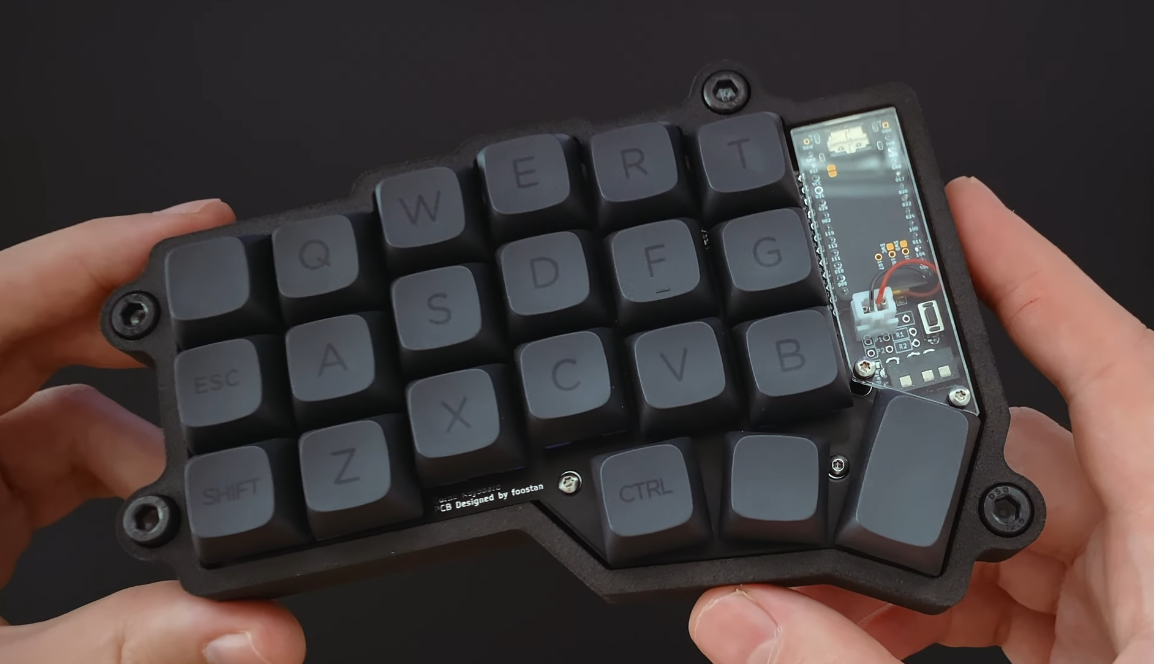See https://lemmy.world/comment/9404186 for a Solution. Spoiler: switching from NVIDIA to an AMD GPU fixed the issue.
mobergmann
I also had problems with NVIDIA and I made the tough decision to buy a new Graphics card. After switching to an AMD GPU, the Audio issues were also gone... Don't ask me why, I'm just happy, that I have a working setup now.
Thanks, I might give it a try. I am not settled yet but FCOS sounds very promising. We will see.
Fedora has an annoying release cadence IMO. I have experienced desktop bugs in the early GA releases before which put me off. If I wanted instability I would sooner go with Arch (and I am yet to have many issues with Arch yet).
Do you mean they are too frequent, or what do you mean?
I am also curious. FreeBSD is, in my opinion, is such an unorthodox choice.
I don't know if the use-case you describes fit into my problem. I only have one server and its a physical server. I'm also not really able to extend the number of servers, as I don't really have the budget.
What is the difference/benefit to Fedora CoreOS?
I am also thinking about installing nix on my laptop, but I need a proprietary library for work, which is kinda hard to install/ not working on NixOS. But we might be able to just use docker for development. Well, that is currently preventing me from installing nix on my laptop, I am still looking for a way to fix that issue.
I’d recommend it, but would also recommend taking a look at Flatcar Linux which is more or less the same without the IBM dependency (which makes my stomach hurt sometimes).
Why exactly are the IBM dependencies a problem for you?
I used debian before for some years, but at some point became tired of manually updating the system (which is probably one of the biggest benefit of FCOS). It takes, however, quite some time to put your first Ignition config together, and debugging is tedious as you have to redeploy to see if a bug / error is now gone (I’ve used a VM for that).
I can't really find good resources on how FCOS is working and what are the benefits. Is it updating the system/kernel automatically as well as the containers? And what are generally, in your opinion, the advantages of FCOS?
You can also use container within NixOS and AFAICT even declare the containers which should be running. Also NixOS is sad to be stable, or am I missing something?
I’m probably the odd one out, but my home server is running Arch Linux. And it’s been really smooth. I do weekly maintenance in the form of updates and cleanup and it’s been reliable since I set it up a couple of years ago.
I am basically doing the same right now, all by hand. It's just that I am not doing the system and container updates regularly. I also often forget which services I have running and some of the Services I am not even using anymore. I just wanted to give them a try and now they are sitting there, wasting (barely any, but it's nagging me) resources.

See https://lemmy.world/comment/9404186 for a Solution. Spoiler: switching from NVIDIA to an AMD GPU fixed the issue.